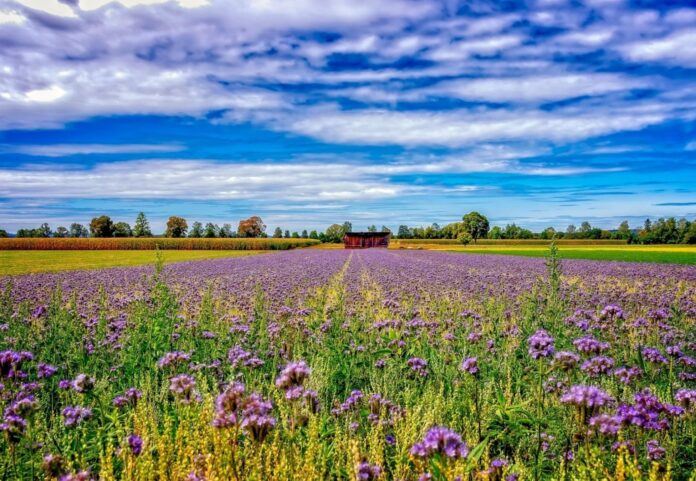Nitrogen is a cornerstone of agricultural productivity, yet its excessive use continues to harm soil health, water quality, and climate. To address this challenge, the NitroScope project officially kicked off with a two-day meeting at Ghent University. The project aims to advance the quantification, management, and conservation of nitrogen fluxes across Europe, helping farmers and policymakers adopt more sustainable practices.
Achieving climate neutrality by 2050 is a central goal of the European Green Deal. However, soil-derived gaseous nitrogen emissions from agriculture are often overlooked due to challenges in monitoring.
Kick-off meeting overview
Hosted by the coordinating partner Ghent University, the meeting brought together representatives from 25 partner organisations across Europe, including universities, research centres, and industry leaders. Over 50 experts from 15 countries convened to align on a shared vision for monitoring and reducing nitrogen losses from European soils.
Throughout the two days, the consortium:
- Addressed the NitroScope objectives and methodologies, focusing on the reduction of nitrogen losses from agriculture and improving nitrogen use efficiency.
- Outlined the deployment of innovative sensing technologies, including multi-sensor soil platforms and remote sensing, across over 100 data collection sites and 5 pilot sites, representing Europe’s diverse pedo-climatic zones.
- Discussed multi-actor engagement strategies to involve farmers, advisors, and policymakers in monitoring nitrogen fluxes and co-developing sustainable management practices.
NitroScope objectives
NitroScope’s ambition is to provide systemic solutions for better quantification and management of nitrogen fluxes, from field to continental scale. The project will:
- Develop and validate sensor-based tools and models to monitor nitrate leaching and nitrous oxide emissions in real time.
- Create a European nitrogen database and cloud platform, ensuring open access and harmonisation of soil, crop, and emission data.
- Design farm management add-ons integrated into existing decision support systems to help farmers optimise fertiliser application with precise temporal and spatial accuracy.
- Update the European nitrogen budget, for the first time in over two decades, using new data and advanced modelling.
- Deliver policy recommendations supporting the EU Green Deal, the Soil Strategy for 2030, and the Nitrates Directive.
Kick off meeting outcomes
The kick off meeting established a comprehensive action plan, clarifying technical milestones, stakeholder engagement timelines, and communication activities. The partners also agreed on the strategy for the NitroScope five pilot sites, located in Belgium, Switzerland, Italy, Norway, and Greece, which will test precision nitrogen management and conservation practices tailored to local conditions.
“NitroScope will generate the most detailed picture yet of Europe’s nitrogen flows, helping farmers and decision-makers take concrete steps toward sustainable soil management,” said professor Abdul Mouazen at Ghent University, and coordinator of NitroScope. “By combining cutting-edge science with practical tools, we aim to make nitrogen efficiency a reality across Europe”.
Next steps
In the coming months, NitroScope partners will begin deploying sensors, establishing farm networks, and setting up the project’s cloud-based database. Early findings on nitrogen flux patterns and management practices are expected in mid-2026, contributing to Europe’s transition towards climate-smart and resilient agriculture.
Project consortium
- Ghent University
- Hahn-Schickard
- Walloon Agricultural Research Center
- Norwegian University of Life Sciences
- Seinäjoki University of Applied Sciences
- University of Helsinki
- University of Tartu
- Technical University of Crete
- Agricultural University of Athens
- Ca Colonna Società Agricola
- FCiências.ID – Associação para a Investigação e Desenvolvimento de Ciências
- Faculdade de Ciências da Universidade de Lisboa
- Czech University of Life Sciences Prague
- Institute of Soil Science and Plant Cultivation
- University of Edinburgh
- NGO Soil Protection
- Institute for Development and Innovation
- Prinsus
- University of Kaiserslautern-Landau
- EarthDaily Agro
- Leibniz Institute of Vegetable and Ornamental Crops
- Cesens Technologies
- ena Development Consultants
- University of Applied Sciences and Arts Northwestern Switzerland
- Agroscope








